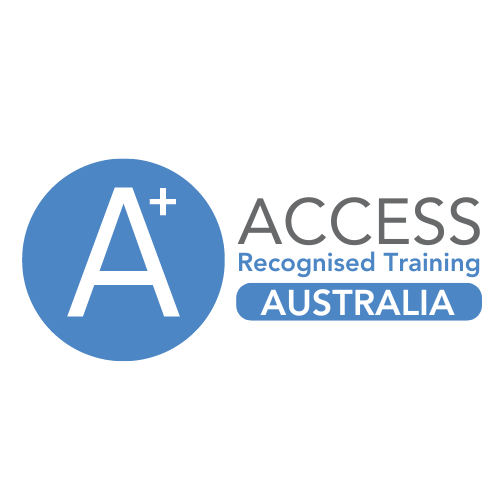The principles of Andragogy (Adult learning) and Work Based Training – A Perfect Match
By Mark Field
It’s hard to ignore the growing movement towards work based training. Employers are more and more considering work based training for their apprentices as a viable alternative to sending them to a TAFE college. Why is this happening?
I think the answer lies in the assumptions and principles of Andragogy. The heavily structured and regimented approach of TAFE based classroom learning does not align with the learning needs of adults especially in a world of rapid change, instant access to information and a generation that knows how to use it.
Let me explain further using Malcolm Knowles’ four principles of Andragogy.
Principle 1 Adults need to be involved in the planning and evaluation of their instruction.
Work based training is focussed on the specific needs of individual learners and not a one shoe fits all classroom/group based approach. Learning and assessment plans are created on an individual level in consultation with learners. The sequence, timing and delivery of subjects is at the complete discretion of each student. Learners control the process not the institution.
Principle 2 Instruction should be task-orientated instead of memorisation – learning activities should be in the context of common tasks performed.
Work based training allows training organisations to align common tasks performed in the work place to required skills and knowledge outlined in training packages. This means every time a student goes to work they are learning, demonstrating competence and in the same process working towards completing their qualification. Conversely, through a TAFE training model learning on the job is not valued anywhere near as high as in work based training and subsequently learners are required to relearn skills and knowledge they have already obtained in the workplace.
Principle 3 Adults are most interested in learning subjects that have immediate relevance and impact to their job or personal life
Work based training is based on what people are currently doing in the work place so it has immediate relevance. Work based training takes into account the wide range of different backgrounds of learners and applies this when developing learning and assessment strategies. The flexibility of work based training allows learners the ability to structure and perform learning and assessment in a way that fits into their professional and personal life.
Principle 4 Adult learning is problem-centered rather than content-orientated.
Work based training focusses on identifying what students already know so learning and assessment strategies can be developed around what they don’t know. Learners no longer accept being force-fed learning content they already know. Work based training allows learners to find the most efficient and effective path to achieving a qualification.
